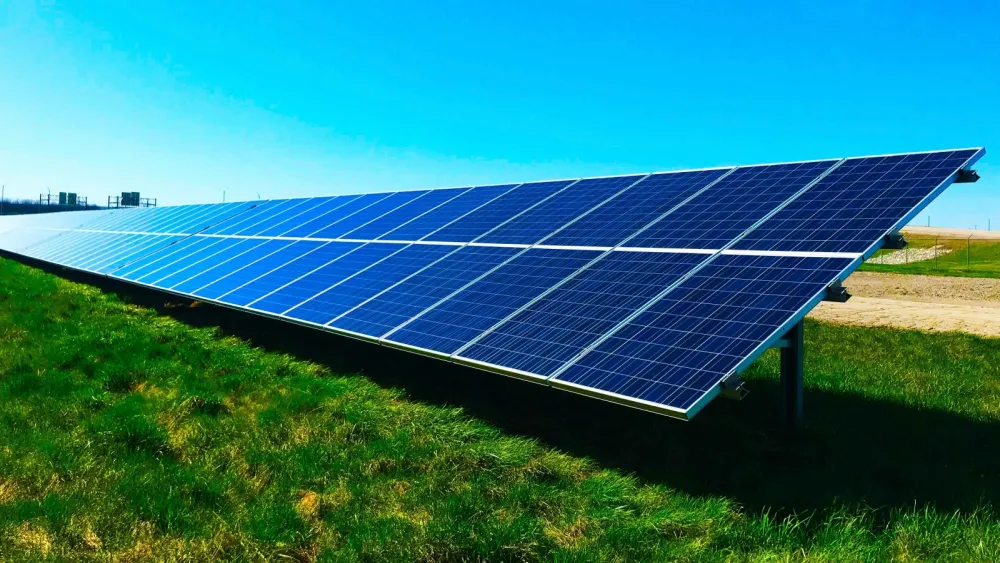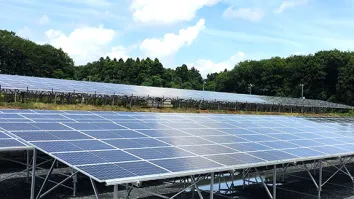Vietnam plans coal phase-out amidst growing energy sector
Strategic shift towards renewables and LNG amidst environmental concerns.
Vietnam has announced plans to phase out coal power by the 2040s, a shift aimed at transforming its energy sector while addressing environmental challenges. As Vietnam faces the dual pressures of development and sustainability, this strategy marks a significant move towards cleaner energy sources.
Tran Van Trung, Director and Head of Energy at KPMG Vietnam, sheds light on the complexities and drivers behind this strategic decision. "Vietnam's commitment to a net zero future necessitates the phasing out of coal," he explained.
According to the country's Eight National Power Development Plan (PDP8), coal-fired power is slated to significantly decrease, limiting new coal projects to only 30 gigawatts up to 2030. This move is driven by both environmental factors and the increasing difficulty in securing financing for coal-based projects.
"The pollution from coal-fired power plants and the challenge in obtaining financing are major reasons for reducing reliance on coal," Trung noted.
While discussing the feasibility of completely phasing out coal by the 2040s, Trung acknowledged that it's a challenging mission for the government. However, he remains optimistic about the shift due to the development of a supportive legal framework aimed at enhancing the capacity for renewable energy and liquefied natural gas (LNG) production.
"With the right policies and the current build-out of a legal framework for boosting renewable and LNG power, there is potential for Vietnam to phase out coal-fired power plants by 2050," he added.
The government's focus is increasingly shifting towards renewable energies and gas, as highlighted by the planned addition of renewable generation capacity in the PDP8. This includes a significant emphasis on expanding solar, wind, and LNG resources to replace coal and meet the growing energy demands spurred by rapid urbanisation and economic growth.
Hydropower, another key component of Vietnam's renewable strategy, is nearing its full development potential, limiting its expansion. "Hydropower is mostly developed, with little room for further large-scale projects," Trung pointed out. This limitation underscores the importance of diversifying into other renewable resources to ensure a balanced and sustainable energy mix.



















 Advertise
Advertise







Commentary
What a $635b investment push could mean for India’s refineries and thermal power plants